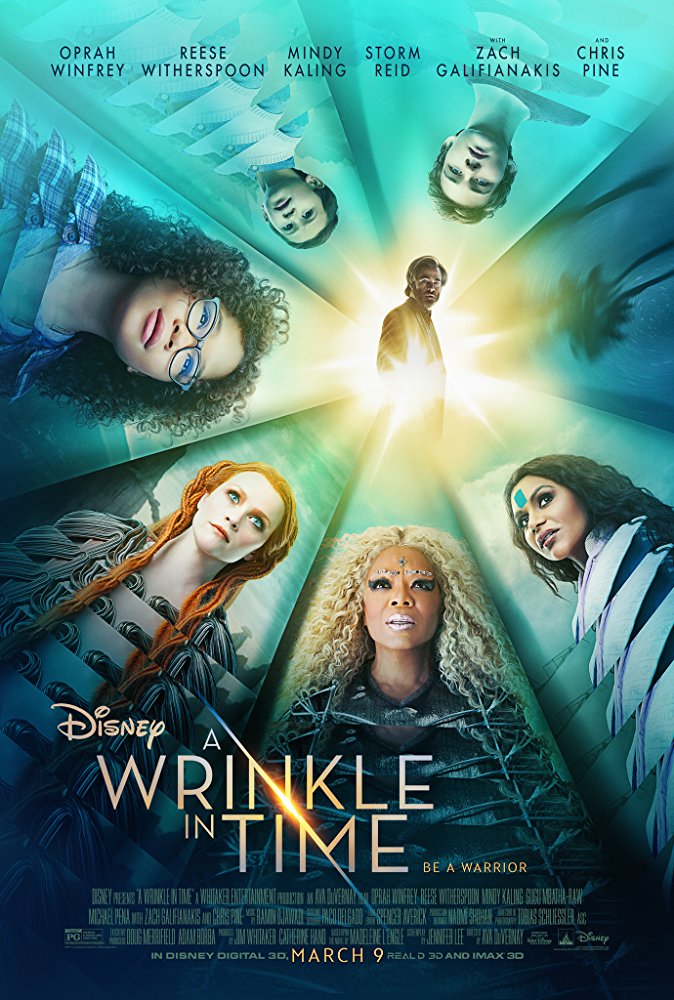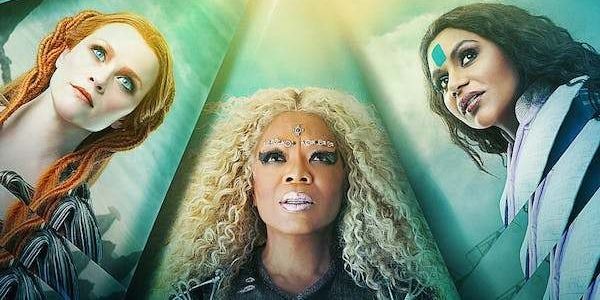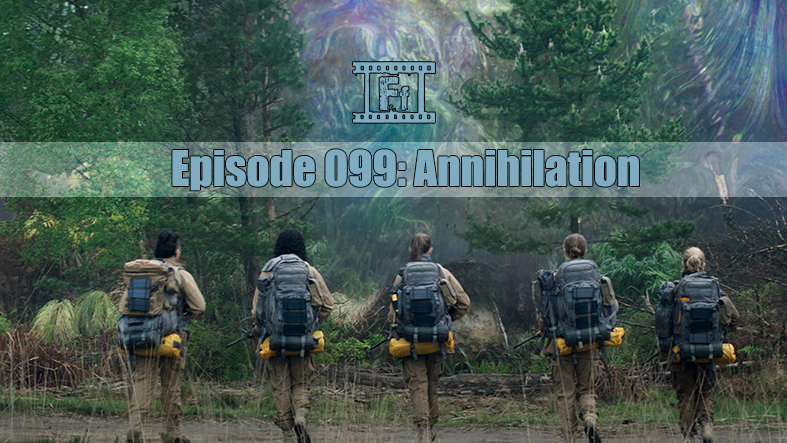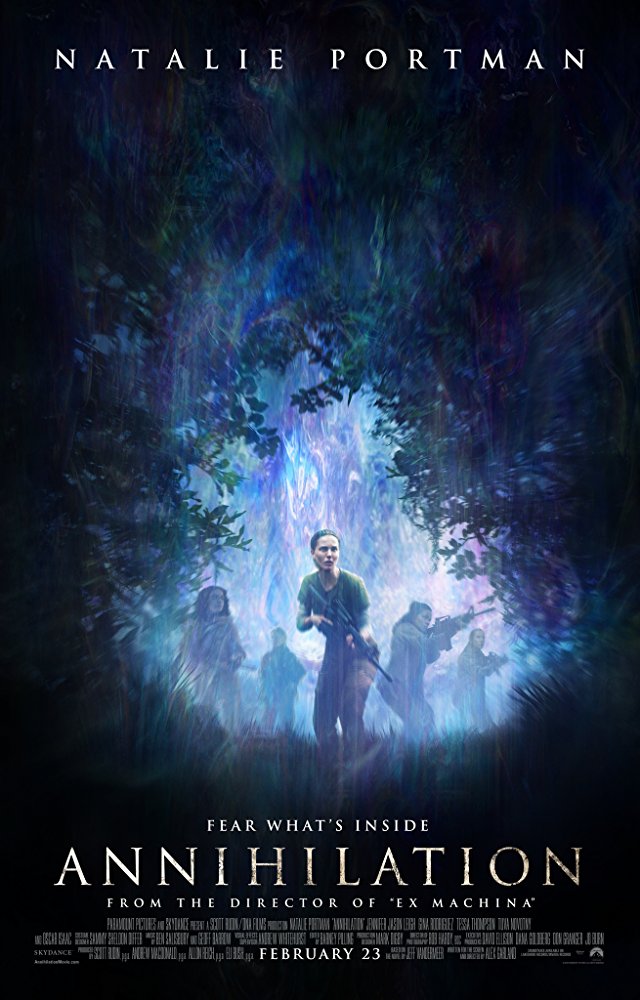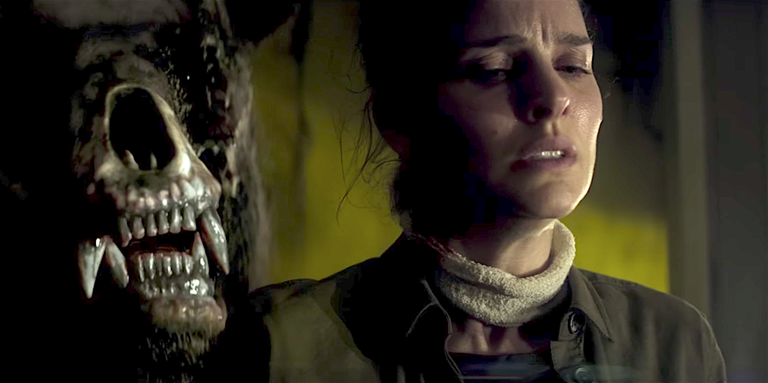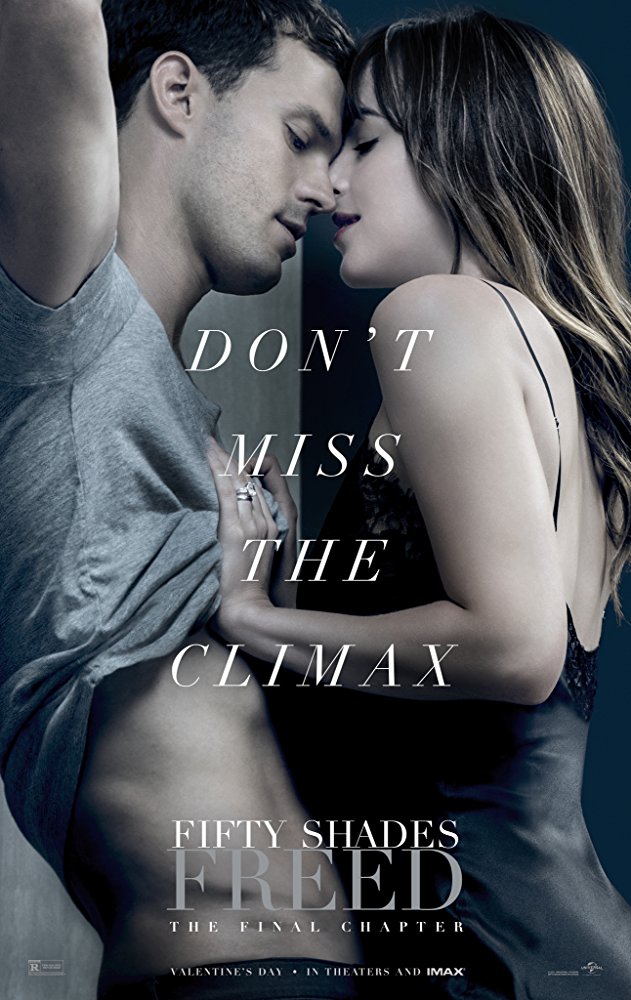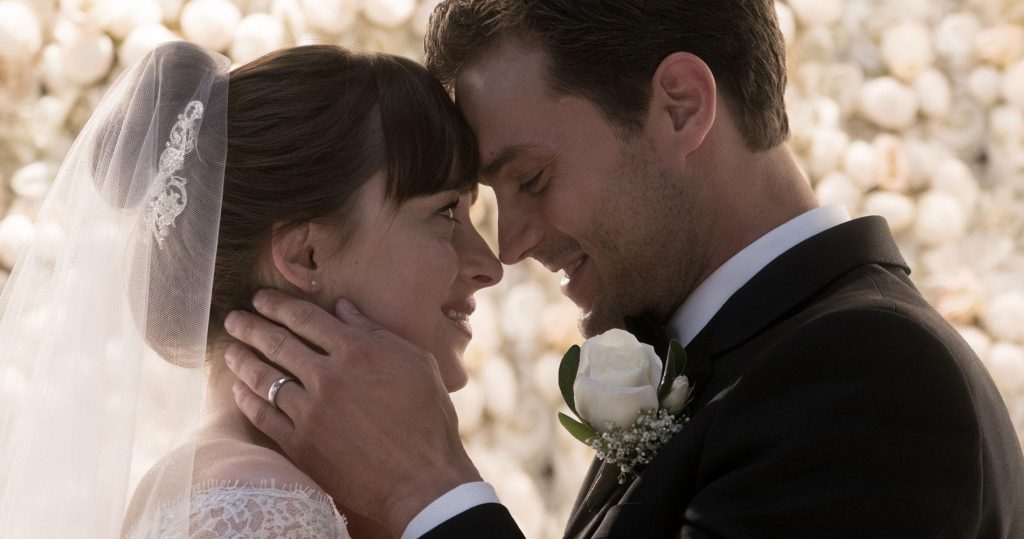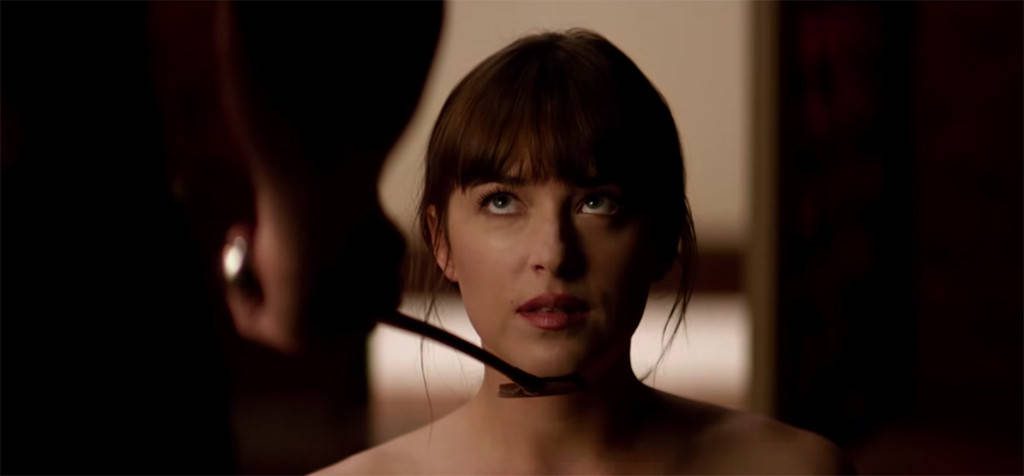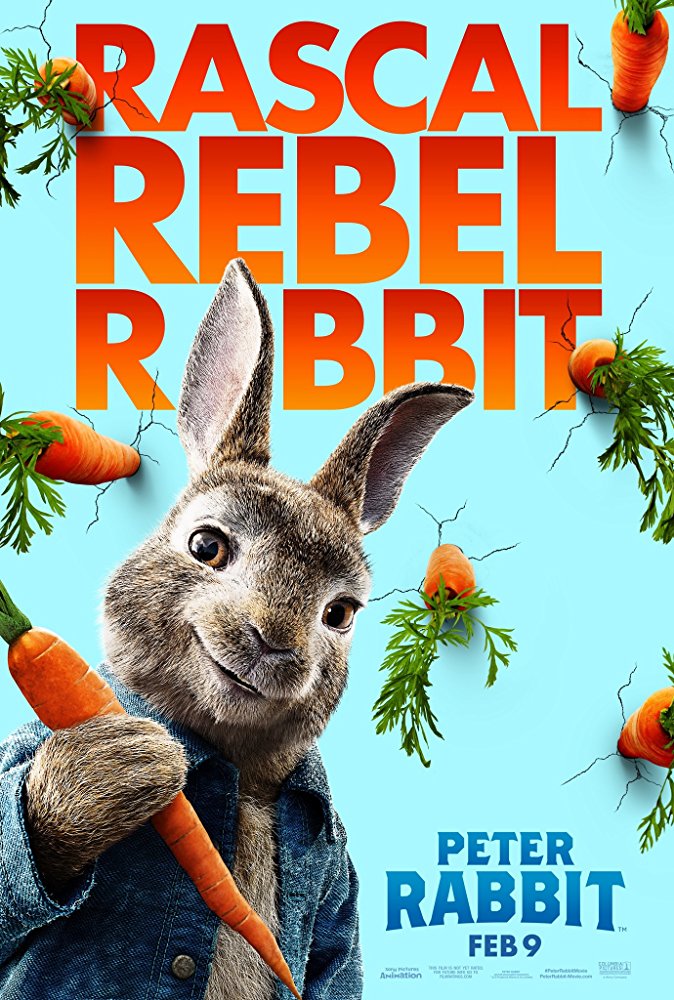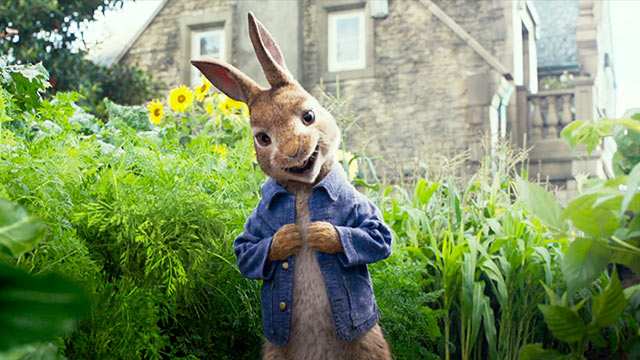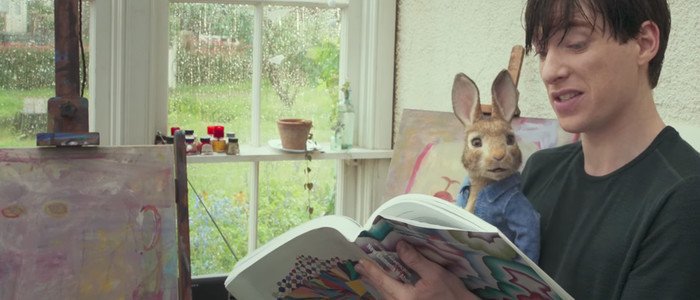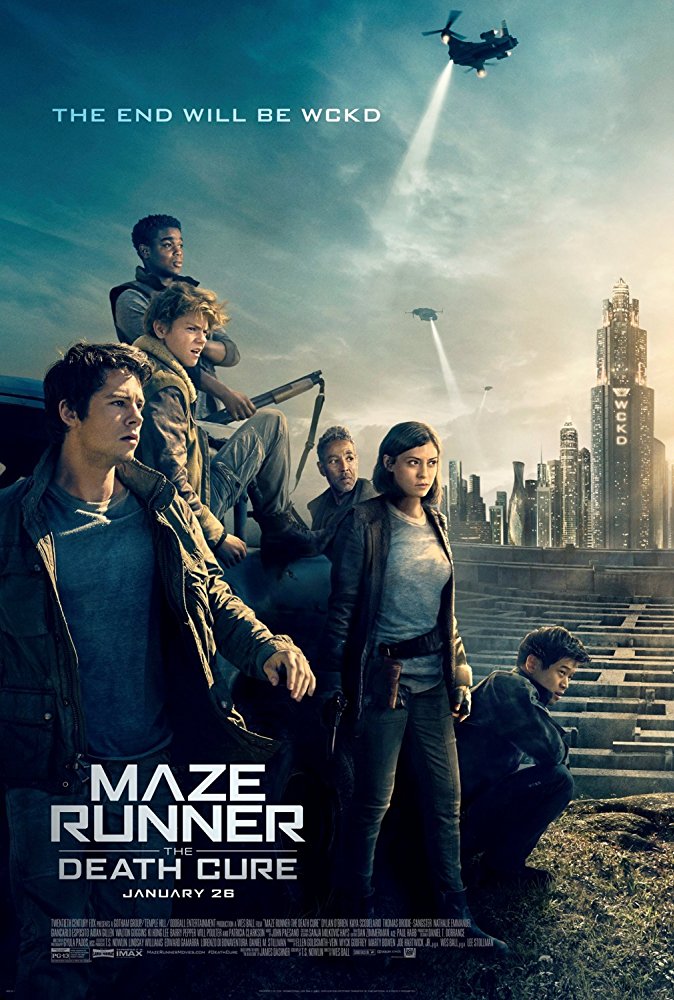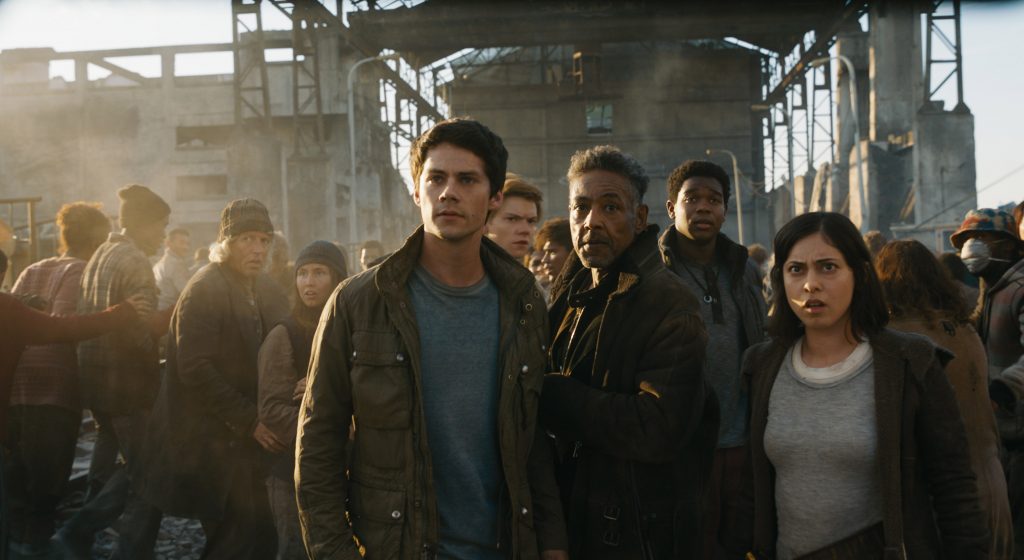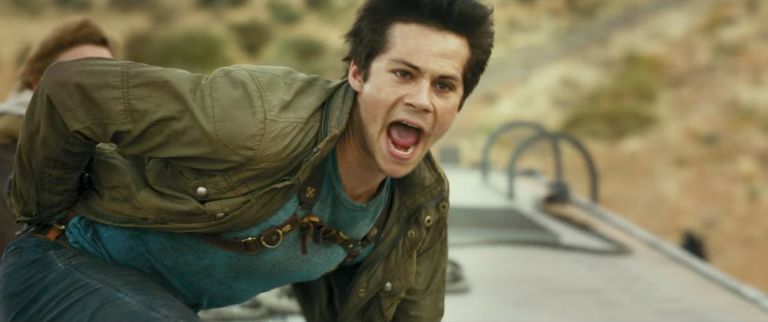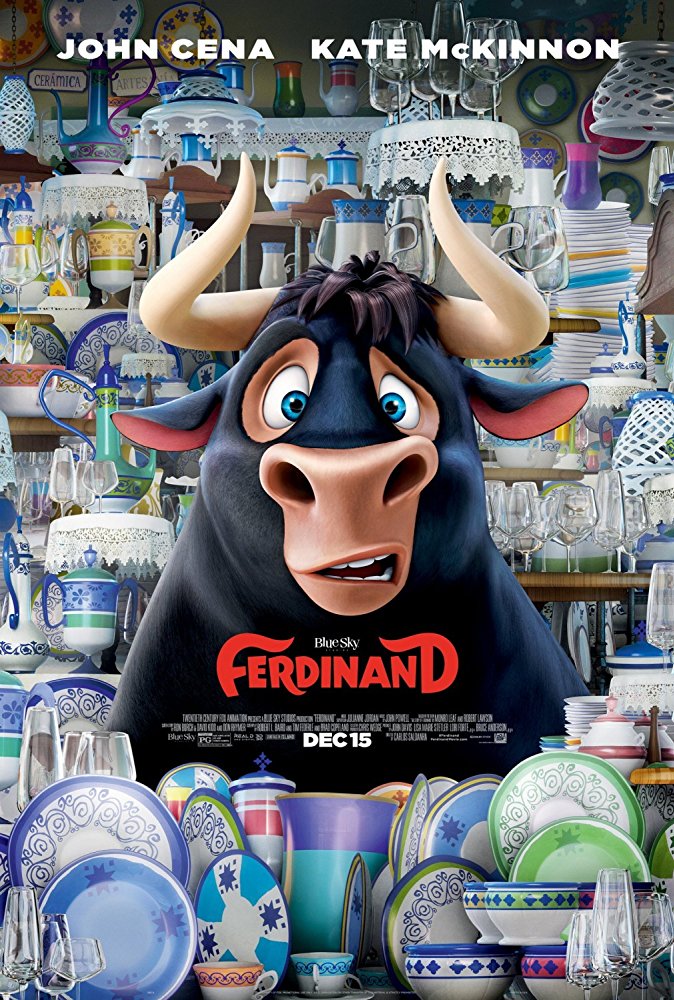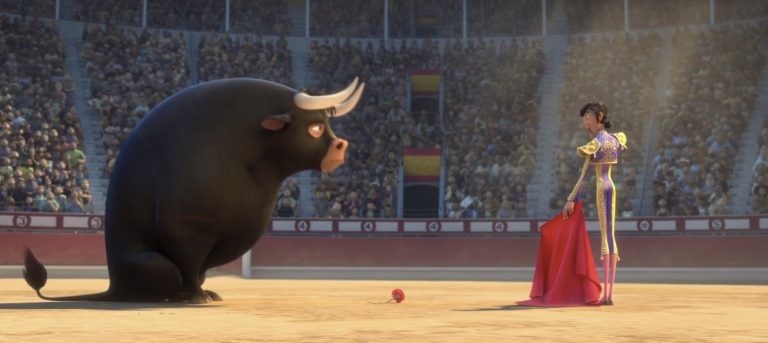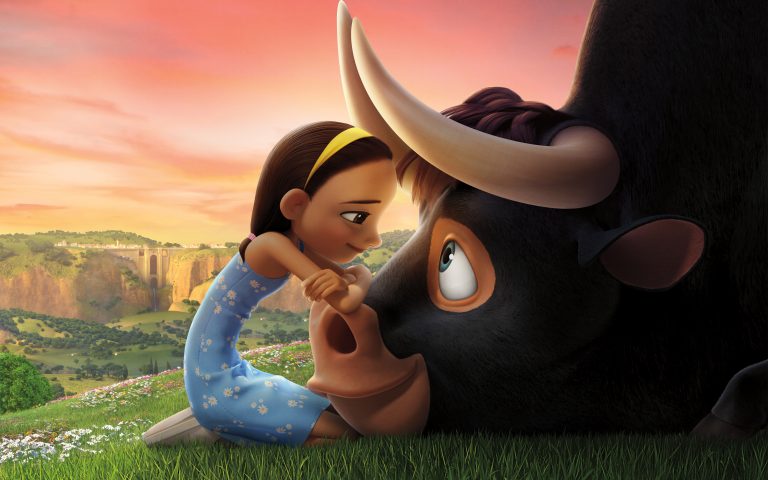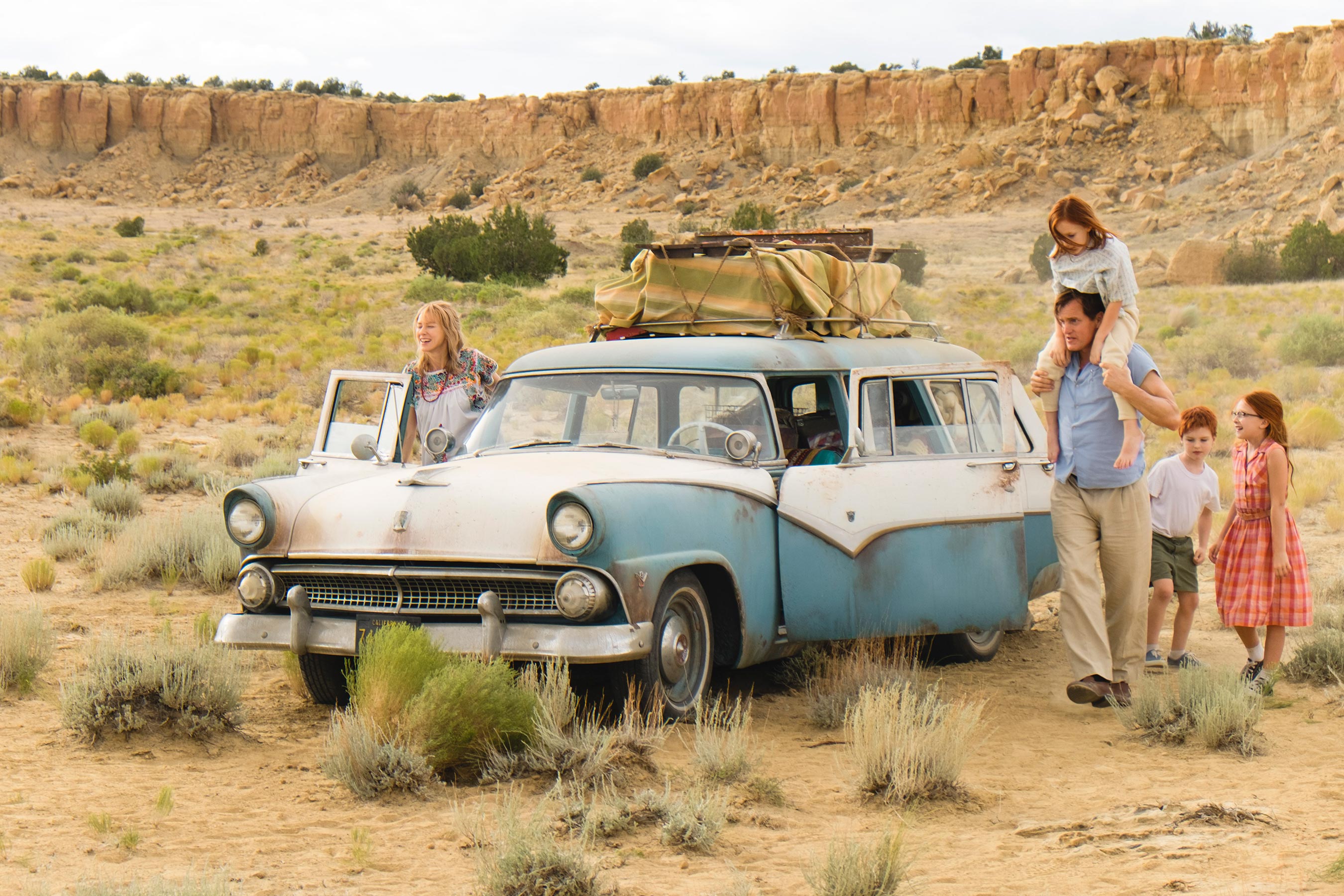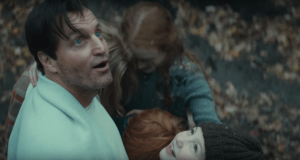A WRINKLE IN TIME (2018)
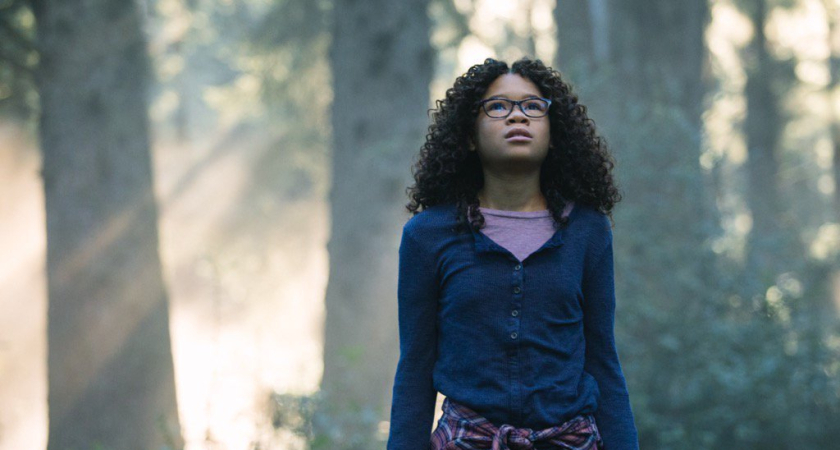
GOING IN
I, like so many my age, read this novel in high school English class. The details are fuzzy, and what stands out the most to me is that the story itself was fairly unmemorable (at least to my teenage self). I’ve intentionally stayed away from refreshing myself on the plot because I’d much rather let the film speak for itself and now I can go in without unrealistic expectations. Ava DuVernay looks to have constructed a visually stunning treat and that alone has me excited. A WRINKLE IN TIME also features a young, nerdy girl hero so I think seeing this with my young, nerdy daughter will be a great experience.
1 Hour and 49 Minutes Later.
COMING OUT
Prior to our screening of A WRINKLE IN TIME, we were greeted with a video message from director Ava DuVernay, in which she explained her approach to telling this timeless story. It was heartfelt and her passion was undeniable. She truly wanted to make a film that was empowering and inspirational for young teens, and in particular young girls, but hoped that by finding the child in ourselves we adults could enjoy it too. In hindsight, this message was telling, and perhaps a bit manipulative, but also important, because if there’s one thing you need to do to enjoy A WRINKLE IN TIME, it is to remember that this is a story FOR a younger audience.
In adapting Madeleine L’Engle’s classic novel (that has often been called “unfilmable”), DuVernay’s vision is clearly noticeable. With a focus on swelling of emotion and incredible visuals throughout, A WRINKLE IN TIME is consistently breath-taking. The colors and CGI transformations of The Misses are stunning to look at. Early in the film the children arrive on an unknown world after “tessering” there and this one scene perfectly captures the awesome wonder of discovery and exploration. These CGI-heavy sections are book-ended by the film’s opening and closing sections set on Earth. In those times DuVernay shows her talents in force, using close-ups and wonderfully cinematic camerawork (backed by a pretty wonderful score, by the way) to provoke an emotional response.
It helps that the acting is quite good. Lead actress Storm Reid (Meg) is adorable and conveys the uncertain, intelligent, and emotionally closed-off aspects of her character perfectly. She truly is fantastic and she carries the film just fine. Levi Miller (Calvin), who you may know from his turn as Peter in Joe Wright’s Pan, is also wonderful. Some may criticize him as providing an emotionless, stoic performance but it felt true to his character in every way. Of The Misses, Reese Witherspoon (Mrs. Whatsit) stands out the most. She does have the most speaking lines and the most screen time, but her eccentric silly personality comes through incredibly in her performance and she shines in every scene. Lastly of note is Deric McCabe (Charles Wallace), who is a star in the making. The character of Charles Wallace, Meg’s much younger adopted brother who is a genius and largely the catalyst for the entire plot, is integral and he owns every moment that includes him (up to the finale). If nothing else is, Reid and McCabe definitely establish themselves as ones to watch. This is also a very diverse cast. It features a realistically natural racial mix of characters and inter-racial relationships and never once felt forced.
But aside from enjoying the spectacle of A WRINKLE IN TIME, the story itself has many issues. For one thing, L’Engle’s Christianity was an important part of her writing, but Jennifer Lee’s adaptation definitely skews the story more into New Age philosophy than anything of the spiritual sort. It’s all about finding the power inside of yourself and being the light that fights the darkness, which is a good thing, but there is a lack of acknowledgment of any higher power. Everyone in this universe seems to be equal, if only they can tap into the right emotions and stay focused. As a fantasy film, you expect to not understand everything about the way the world works, as well. That is true here because how time “wrinkles” and allows travel across the universe is explained very vaguely. It’s confusing and the science speak feels tacked on as a plot mover rather than a fascinating concept to learn about. The film’s structure also is messy. There’s an opening with character backstory and such, then a brief journey across worlds (of which there are only two and one is entirely bland), and then a big CGI ending that makes very little sense and is reminiscent of the Guardians fighting inside of Ego the Planet in Guardians of the Galaxy: Volume 2. In that last act, major characters come and go with little explanation, and everything wraps up in a very boring way. But when your hero’s powers are simply to think positively and concentrate, it’s difficult to make that compelling in a visual way.
These faults, however, don’t make the film unwatchable. With many strong messages like, “It’s okay to fear the answers, but you can’t avoid them,” DuVernay’s film does have some inspirational moments. The relationships are strong, too, and perhaps where the film shines the most: Meg and Calvin sharing an innocent, blossoming romance, Mr. and Mrs. Murray as a couple who are loving, adoptive parents and brilliant scientists, and even Meg and Charles Wallace as brother and sister who lean on each other more than anyone else. As an adult, you must really try to recognize the view from a teenage perspective. My own daughter loved the film and was moved emotionally by it. She found it inspiring, funny, and gorgeous. Watch it through younger eyes as DuVernay suggests, and you’ll probably enjoy it much more.
VERDICT
Ava DuVernay’s A WRINKLE IN TIME is an often beautiful, but messy, love letter that inspires young minds to believe in themselves and be warriors for the light. It is a bit overly preachy in its messaging, yet it does offer up some good advice, and its focus on New Age philosophy over the more faith-based aspects of the novel may upset some viewers. Acting is strong, visuals are incredible, and with a moving score the film is emotionally evocative throughout. It’s worth seeing, but don’t expect it to leave much of a lasting impression. Watching with childlike eyes and imagination will make for a much better viewing experience, though, and is highly recommended.
Rating:
 Aaron White is a Seattle-based film critic and co-creator/co-host of the Feelin’ Film Podcast. He is also a member of the Seattle Film Critics Society. He writes reviews with a focus on how his expectations influenced his experience. Follow him on Facebook and Twitter to be notified when new content is posted.
Aaron White is a Seattle-based film critic and co-creator/co-host of the Feelin’ Film Podcast. He is also a member of the Seattle Film Critics Society. He writes reviews with a focus on how his expectations influenced his experience. Follow him on Facebook and Twitter to be notified when new content is posted.

